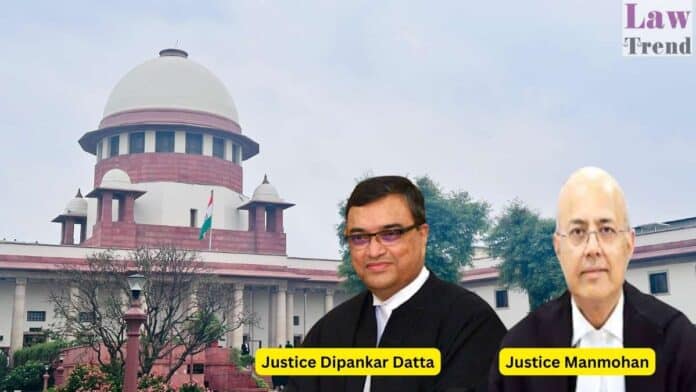In a significant judgment reaffirming the constitutional mandate of equal opportunity in public employment, the Supreme Court of India has upheld a Patna High Court verdict which struck down a 2014 amendment in the Bihar Chaukidari Cadre Rules. The amendment allowed a serving Chaukidar to nominate his dependent kin for appointment a month prior to

To Read More Please Subscribe to VIP Membership for Unlimited Access to All the Articles, Download Available Copies of Judgments/Order, Acess to Central/State Bare Acts, Advertisement Free Content, Access to More than 4000 Legal Drafts( Readymade Editable Formats of Suits, Petitions, Writs, Legal Notices, Divorce Petitions, 138 Notices, Bail Applications etc.) in Hindi and English.
Click to Subscribe
If you are already a VIP Member, Click to Login Now
READ ALSO सुप्रीम कोर्ट ने विवादास्पद यूपी मदरसा शिक्षा अधिनियम पर अंतिम सुनवाई की तिथि निर्धारित की




